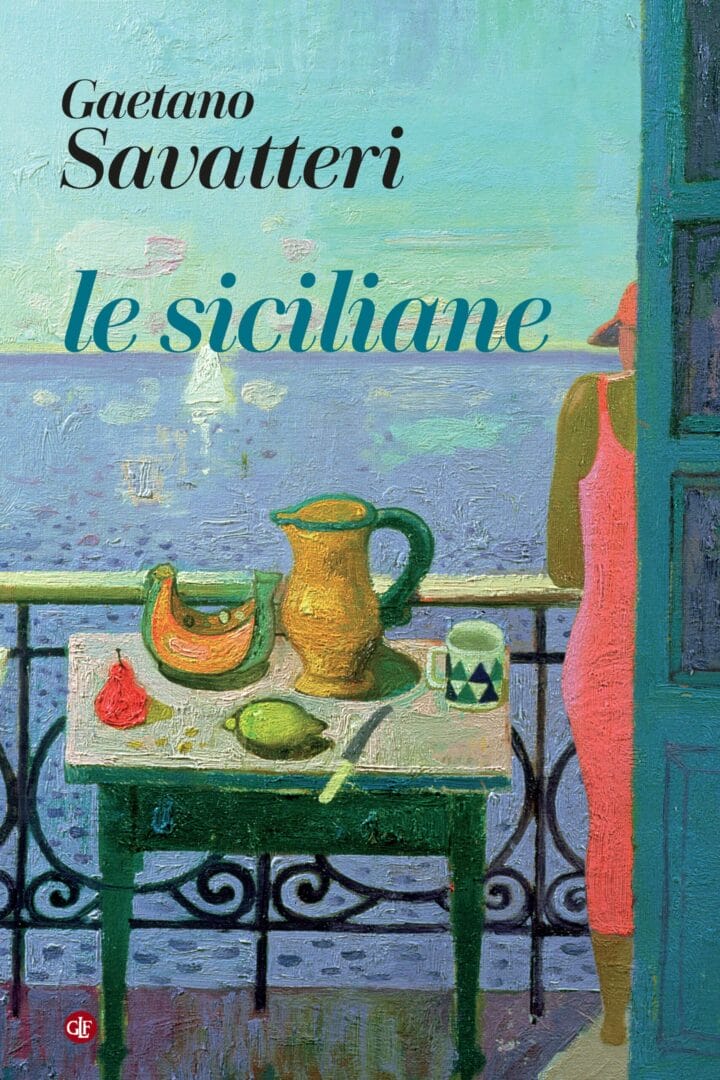Le siciliane

"When I arrived in Palermo to enroll in the university, I realized by my skin that Palermo was 'fimmina'. Not only because of the beauty of its girls with piratical looks, but also because of the presence at every corner of the historic center of numerous votive shrines dedicated to Santa Rosalia, the Santuzza. Palermo was 'fimmina' in its carnal decadence. It smelled of tropical flowers and filth. It smelled of damp in the stairways of aristocratic palaces now in decay, and it smelled of mystery behind the gates that led into cloisters laden with jasmine and roses."
A long literary and cinematic tradition has depicted the Sicilian woman as a stylized figure: dressed in black, segregated by jealousy, forced by family members to chastise their instincts. Obviously this is an image far removed from reality, which is instead composed of many stories completely unrelated to this archetype. The picture is very rich: from the patron saint Rosalia to Franca Viola who made laws and customs change; from the journalist and writer Giuliana Saladino to the 'old woman of vinegar' who in the ʼ700s prepared potions to poison husbands; from the singer-songwriter Rosa Balistreri to the publisher Elvira Sellerio and the first Miss Italy. We will discover in these pages that, while there is some truth in the fictional character played by Claudia Cardinale in I soliti ignoti ("Carmelina, recompose yourself"), a century earlier in reality there were the fearsome socialist fighters of Piana degli Albanesi, women who took to the streets and had no intention of recomposing themselves. If we are to find a common character over the centuries for the women of the largest island in the Mediterranean, it is perhaps to be found in their willingness to reinvent their own destiny.